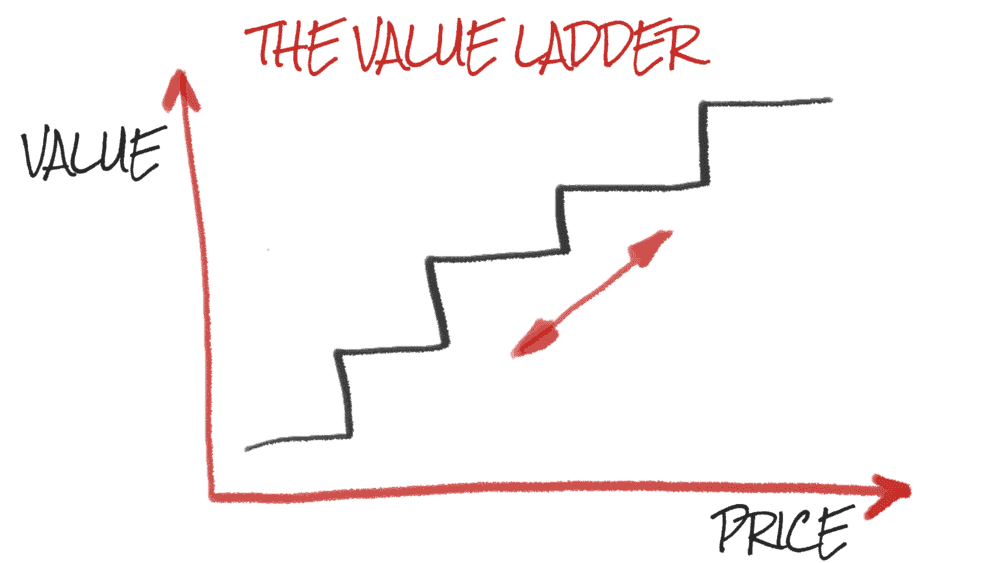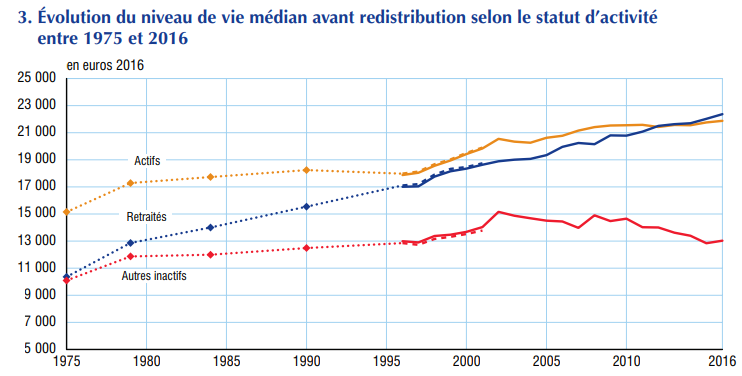Ontem folheei novamente "The practice: shipping creative work" de Seth Godin e fixei-me neste trecho tão aplicável a PMEs que precisam de mudar de vida para subir na escala de valor e aumentar a produtividade:
"There are more than one hundred thousand licensed architects in the United States. Most of them signed up for the steady work of industrialized production. They were trained to build reliable, consistent, and efficient buildings.
Some, though, chose to see a different pattern for their work. They became architects to invent, to create, and to challenge the status quo. They are committed to building structures that invoke awe or wonder. If you’ve been in a building created by one of these architects, you’re likely to remember it.
What’s missing in this gap between good and great is the simple truth that you can’t be a great architect unless you have great clients.
And at the same time, great clients rarely seek out architects who desire to be only good.
When the client wants a cheap, easy building, the architect’s desire to do great work is rarely achieved. And when the client wants something important, she knows that hiring a merely good architect is a mistake.
It’s tempting to blame the clients. But the commitment to be a great architect also requires the professionalism to do the hard work of getting better clients."
Há que recordar qual a inovação de que estamos a falar para fazer esta subida na escala de valor em "O cínico". A inovação que faz crescer o valor daquilo que os clientes estão dispostos a pagar não nasce de um esforço para inovar em abstracto. Esta inovação resulta de resolver um problema na vida dos clientes e, nem todos têm os mesmos problemas. Há que procurar quem tem problemas cuja resolução mereça o valor que queremos ver no que fazemos. E é inevitável, subir na escala de valor implica trabalhar para um mercado mais pequeno, implica ter uma unidade produtiva mais pequena.
Alguns textos que encaixam aqui:
- "ver certas árvores no meio da floresta"
- Calçado - Fazer a transição
- A fase "wonder" (por oposição a uma fase war... engraçado lembrei-me agora de uma imagem do primeiro livro de Hermann Simon que li, "Manage For Profit, Not For Market Share" no capítulo 2 - Learn to Compete Peacefully)

































